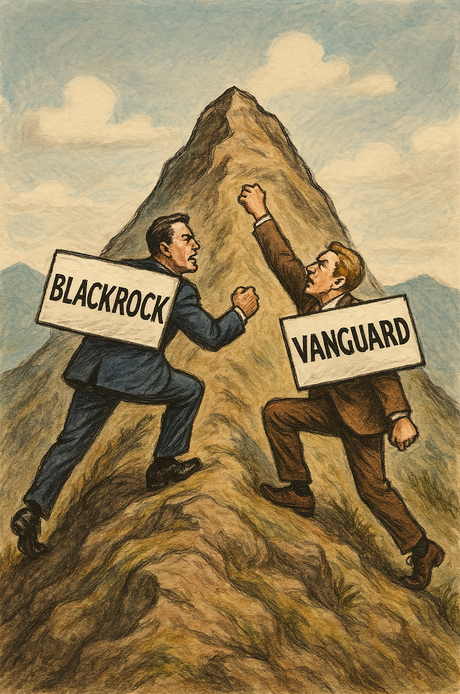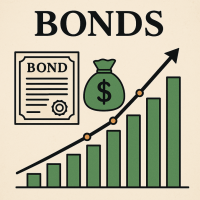This article will explore the key differences between BlackRock and Vanguard, their investment strategies, pros and cons, and which one might be better for a $10,000 investment.
Company Overview
BlackRock
Founded in 1988, BlackRock is the world's largest asset manager, overseeing more than $10 trillion in assets. The company is well known for its exchange-traded funds (ETFs) under the iShares brand and its strong presence in institutional investing. BlackRock focuses on active and passive investing, risk management, and financial technology solutions.
Vanguard
Established in 1975 by John Bogle, Vanguard is credited with pioneering the index fund revolution. Vanguard has a unique structure, where the company is owned by its fund shareholders, aligning its interests with investors. It manages over $8 trillion in assets and is best known for its low-cost index funds and ETFs.
Investment Strategies
BlackRock's Strategy
BlackRock employs a combination of active and passive investing strategies. While its iShares ETFs are among the most widely traded in the market, the company also emphasizes actively managed funds and alternative investments. BlackRock is heavily invested in technology, using Aladdin, its proprietary risk management platform, to optimize portfolios.
Vanguard's Strategy
Vanguard prioritizes low-cost, long-term passive investing through index funds and ETFs. The company is built around the philosophy that minimizing costs and following the market's natural growth is the best way to achieve returns. While Vanguard offers actively managed funds, its passive index funds remain its hallmark.
Pros and Cons
BlackRock Pros:
- Broad Investment Options – Offers a mix of active, passive, and alternative investments.
- Technological Innovation – Uses Aladdin for sophisticated risk management.
- Extensive ETF Selection – iShares ETFs provide diverse exposure across global markets.
- Strong Institutional Presence – Preferred by hedge funds and pension funds.
BlackRock Cons:
- Higher Fees on Active Funds – Actively managed funds are costlier than passive options.
- Less Investor-Friendly Structure – Profit-driven corporate structure rather than investor ownership.
- Complex Investment Products – Some investment vehicles are complicated for beginners.
Vanguard Pros:
- Low Fees – One of the lowest-cost investment providers, benefiting long-term investors.
- Investor-Owned Model – Aligns the company's interests with shareholders.
- Strong Index Fund Selection – Pioneered the index fund model, providing reliable and steady returns.
- Good for Long-Term Investors – Focus on long-term wealth-building through market-tracking funds.
Vanguard Cons:
- Limited Active Management – Fewer actively managed options compared to BlackRock.
- Customer Service Issues – Some investors report slow customer support and technology limitations.
- Less Focus on Alternative Investments – Limited exposure to hedge funds, real estate, and other alternatives.
Which is Better for a $10,000 Investment?
For a $10,000 investment, the choice between BlackRock and Vanguard depends on the investor's goals:
- For Passive, Long-Term Growth: Vanguard is the better option due to its low-cost index funds and investor-friendly structure. A Vanguard Total Stock Market Index Fund (VTI) or S&P 500 ETF (VOO) provides diversified exposure with minimal fees.
- For More Flexibility and Innovation: BlackRock may be the better choice, especially for investors looking for a mix of active management and alternative investments. iShares ETFs like IVV (S&P 500) offer similar exposure to Vanguard but with BlackRock’s technological advantage.
Which Company is Better?
There is no definitive answer to which company is better, as it depends on the investor’s priorities. Vanguard is ideal for long-term, cost-conscious investors focused on passive index investing, while BlackRock is better suited for those looking for a blend of active, passive, and alternative investment strategies.
Ultimately, for most retail investors, Vanguard’s lower fees and investor-aligned structure make it the superior choice. However, those seeking institutional-level investment strategies and advanced financial tools may find BlackRock more appealing.
In any case, and before investing any funds, you should always seek for advice from top financial experts who have proven experience at the field with solid results.








